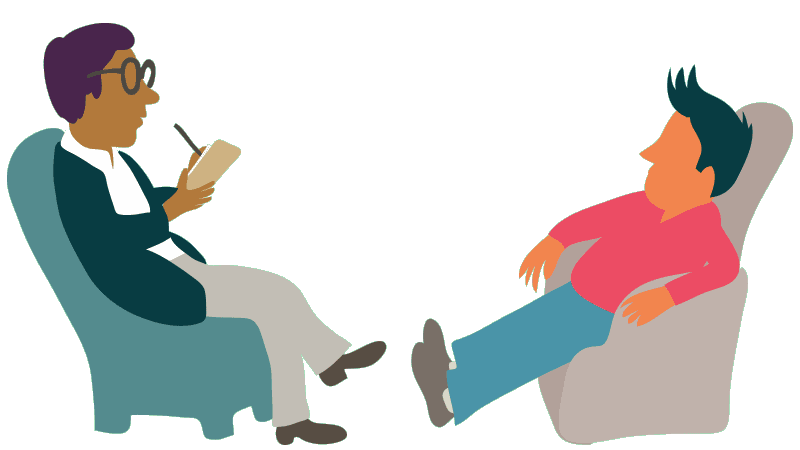Psycology:
Medical psychology has historically been defined as the branch of psychology concerned with the application of psychological principles to the practice of medicine.
Medical psychology shares with the fields of health psychology and behavioral medicine an interest in the ways in which biological, psychological, and social factors interact to influence health.

Medical psychologists use psychological theories and principles in order to improve the health and well-being of patients with physical illness.
They are clinical psychologists who work in hospitals, medical centers, and health care facilities.

Medical psychologists use techniques of psychotherapy, behavior modification, and cognitive, interpersonal, and family therapy to help patients manage chronic illness, reduce physical symptoms of disease or treatment, and manage emotional aspects of their illness.
Usage of Psycology:
- In a primary care setting, these skills are critical.
- Smoking, drug and alcohol abuse, eating disorders and obesity, depression, schizophrenia, mental disabilities, and the interactions of all these psychological issues are profoundly important for understanding and treating health issues in the general population.

- Even specialists would do well to have a basic understanding of psychology and common psychiatric disorders.
- Due to the low importance put on these issues in the past, it’s likely that many patients who end up at specialists for one reason or another may have underlying, undiagnosed psychological conditions that are contributing to their health issues.
Orgins of Psycology:
- While psychology did not emerge as a separate discipline until the late 1800s, its earliest history can be traced back to the time of the early Greeks.
- During the 17th-century, the French philosopher Rene Descartes introduced the idea of dualism, which asserted that the mind and body were two entities that interact to form the human experience.
- Many other issues still debated by psychologists today, such as the relative contributions of nature vs. nurture, are rooted in these early philosophical traditions.

- So what makes psychology different from philosophy? While early philosophers relied on methods such as observation and logic, today’s psychologists utilize scientific methodologies to study and draw conclusions about human thought and behavior.
- Physiology also contributed to psychology’s eventual emergence as a scientific discipline.
- Early physiological research on the brain and behavior had a dramatic impact on psychology, ultimately contributing to applying scientific methodologies to the study of human thought and behavior.
